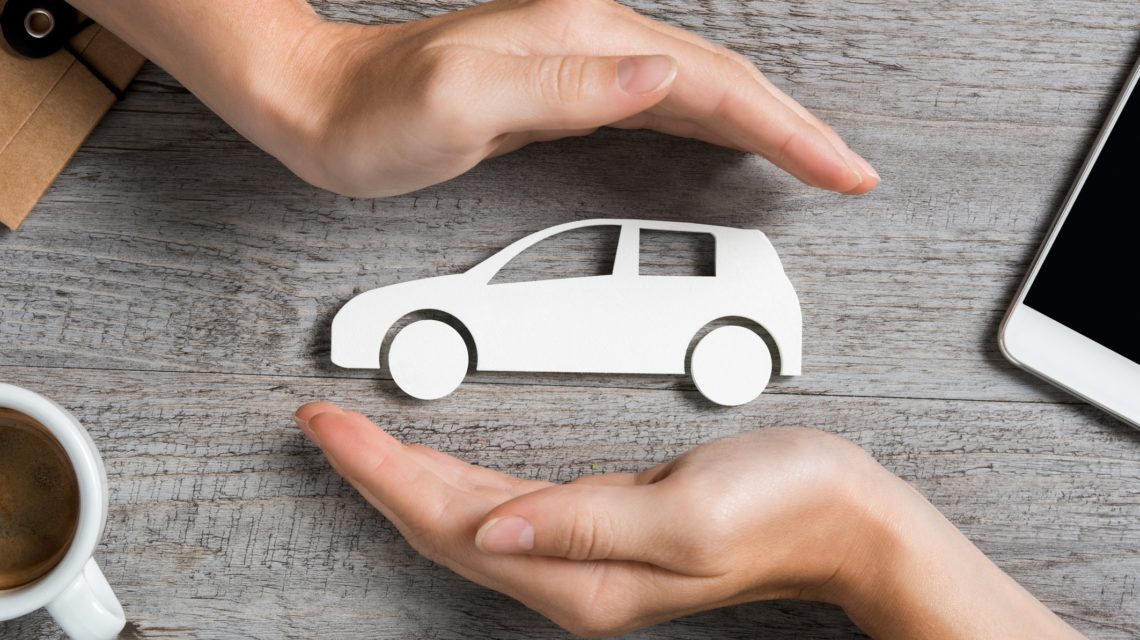
How to Find the Best Auto Insurance Policy in PA
The average cost of car insurance in the U.S. is just over $900 a year. To get the best value for your money, you need to fully understand what goes into a policy and the right questions to ask the insurer. This info can help you answer the question – which auto insurance is best for me?
PA Minimum Requirements
Pennsylvania minimum requirements include medical benefits (or no-fault) coverage AND liability coverage. No matter which car insurance plan you choose, it should meet these state minimum requirements.
Car Insurance Basic Terminology
It may be difficult to evaluate what policy is best if you don’t fully understand the terminology. Here are few basics to get you started.
Deductible – this number shows the expense you will incur after a claim until the insurance kicks in. If the deductible is $500, and your expenses are $250, you will pay all $250. If the expenses are $1,500, you will only pay $500.
Premium – this number is your annual charge for car insurance, even if you don’t have to file any claims. If you break down the national average of $900, that would equal around $75/month for the premium.
Medical benefits (no-fault) coverage – this coverage means the insurance will assist with medical bills you or your passenger(s) require, no matter who was determined at-fault for the accident.
(Minimum coverage amount in PA is $5,000)
Tort – these are two options, limited or full, that determine your right to sue after an accident. Limited tort only allows you to sue for medical costs, while full tort allows you to sue for medical costs as well as pain and suffering.
Liability coverage – this coverage helps pay the costs of injuries and damages when you cause an accident. There are multiple types, including bodily injury and property damage.
(Minimum coverage amount in PA for bodily injury is $15,000 per person per accident and $30,000 total per accident. Property damage minimums are $5,000 per accident)
Underinsured and uninsured coverage – this coverage promises to help you in the event that you or your car is damaged by someone who doesn’t have any or adequate insurance coverage.
Collision coverage – this will cover damage to your car and any other vehicles you may have been driving in the case of a collision, meaning if you are hit or you hit someone else.
Comprehensive coverage – this will cover damage to your car and any other vehicles that you may have been driving, but only in the case of incidents – not collisions. This may include vandalism, theft, floods, etc. The definition of an incident can vary by policy, so make sure you read what’s included.
7 Questions to Ask about Your Insurance Policy
Having the state-minimum requirements may not be enough. To get the most value out of your insurance, make sure to ask these questions!
1) Are other drivers covered?
What happens if a friend or family member is driving your vehicle at the time of an accident? Will they and your car still have coverage under your policy?
2) Are there any uses of the vehicle that wouldn’t be covered?
Some policies deny coverage to those using their vehicles for sales or delivery work, among other functions. Make sure you know if your job violates the policy and get adequate coverage before you go to make a claim.
3) What can I do to lower the premium?
There are plenty of tricks you can use to lower your annual premium. If past tickets are hurting you, ask if you can take a safe-driving course to nullify them. Play around with raising the deductible amount to lower the premium. Ask about payment options. Some companies charge less when you pay the insurance in bulk – like semi-annual payments rather than monthly payments.
AmeriChoice members can get exclusive discounts from one of our community partners, Liberty Mutual insurance. Make sure you check at your local credit union for auto insurance discounts!
4) Can you provide a list of all available discounts?
You don’t know what you could qualify for if you don’t know all of the options. Make sure you don’t miss a discount by simply asking for their full list. Common discounts include safe driving discounts, and if your car has modern safety features.
5) Does the policy include gap coverage?
Gap coverage is important if you still are paying back your auto loan. If you total the car, often policies only cover the current value of the car – not necessarily what you still owe for the loan. If your loan is higher that the value of the car, gap coverage will make up the difference.
6) What happens when my car needs a repair?
Will your car be repaired with new car parts or used car parts? Are you able to pick who repairs your car? Is a rental car included if the car must be in the shop for multiple days?
7) Do you offer any roadside assistance?
Does the policy include the added benefit of 24/7 roadside assistance? You’ll be thankful for this service if you get a flat tire, need a battery jump, or require a tow truck.
The Best Advice – Compare!
If you aren’t happy with your current auto insurance or it’s your first time shopping for a policy, remember that it doesn’t cost anything to get quotes and compare policies. Take the time to do your research upfront to make sure you find the best auto insurance for you.
Car Insurance is Just One Aspect of Owning a Vehicle
Get the entire roadmap to buying a car by downloading our FREE guide. We break down the process into five easy steps, which include determining your budget and getting pre-approved. Get the guide now!
-2.png?width=300&height=65&name=AFCU-logo-2019-white-sm%20(1)-2.png)